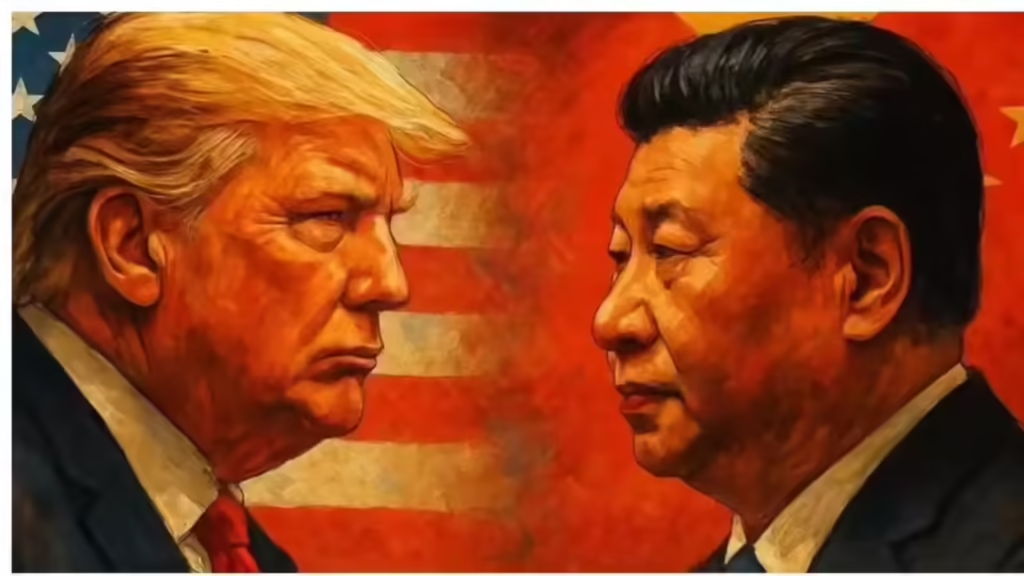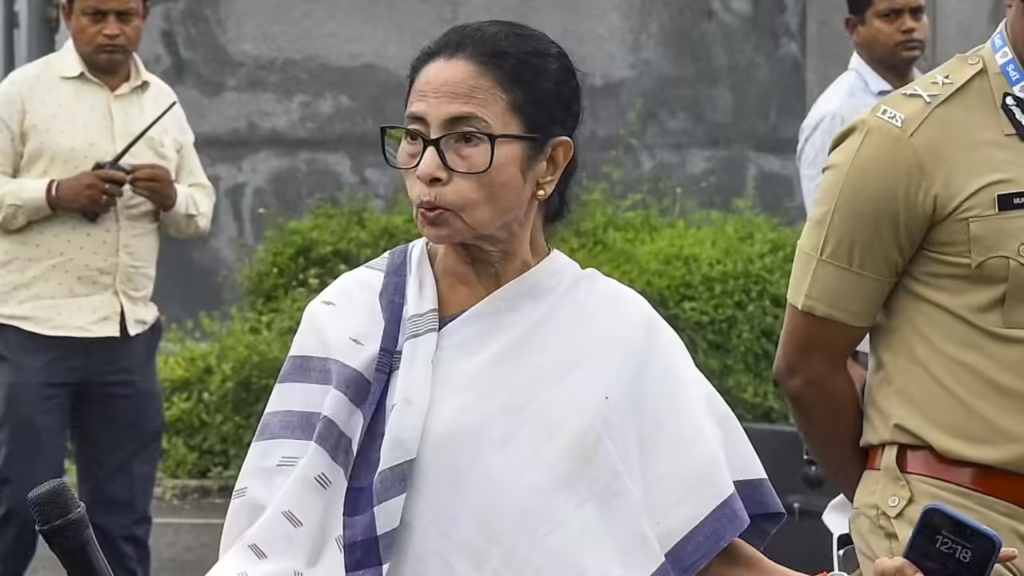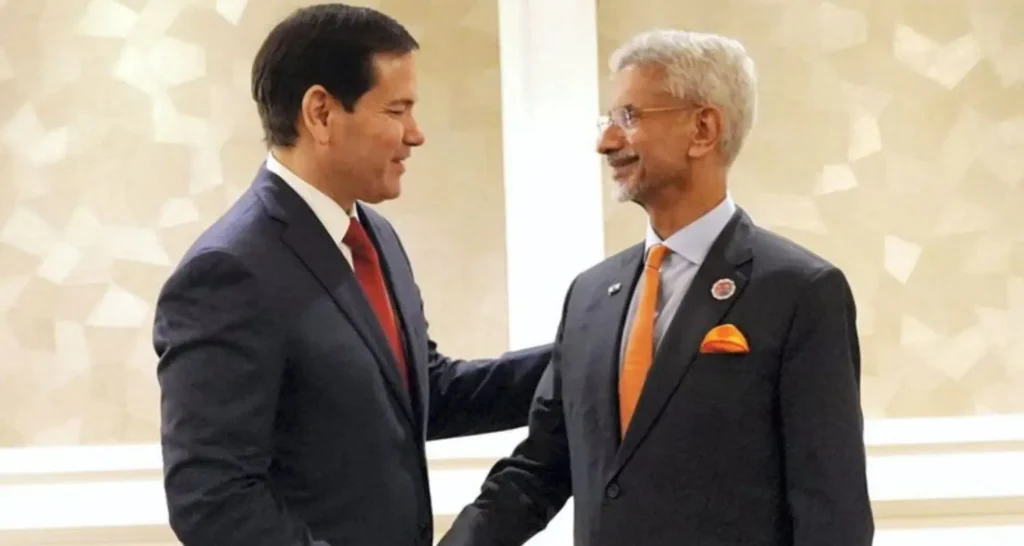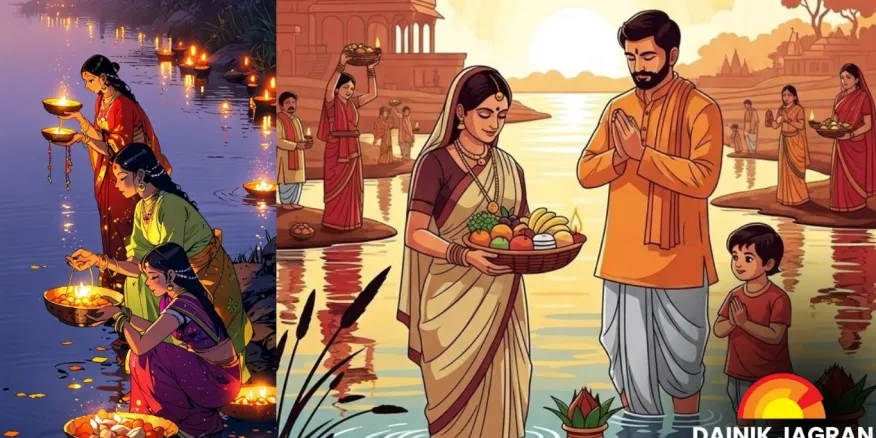Now Reading: India Raises the Stakes at UN: Highlights What It Calls Serious Rights Violations by Pakistan
-
01
India Raises the Stakes at UN: Highlights What It Calls Serious Rights Violations by Pakistan
India Raises the Stakes at UN: Highlights What It Calls Serious Rights Violations by Pakistan
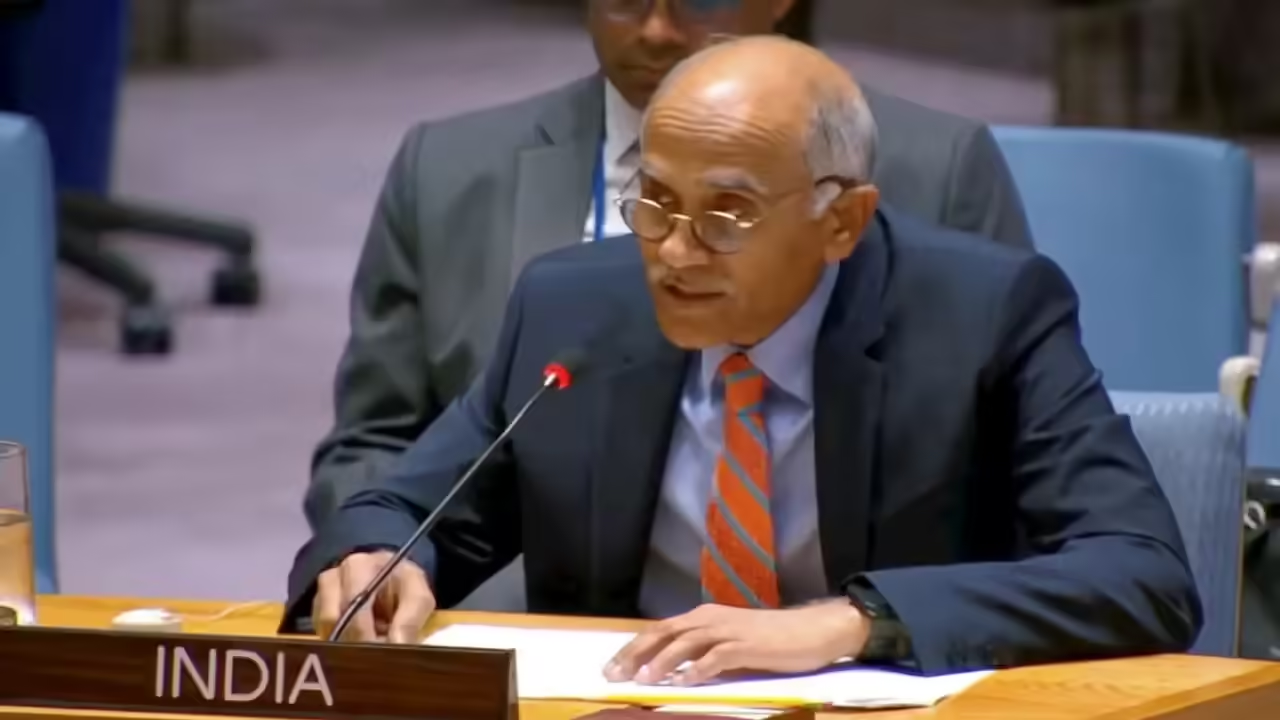
In a sharp address at the United Nations Security Council, India accused Pakistan of committing “grave and ongoing human rights violations” in territories it considers illegally occupied. The Indian delegation said concepts like fundamental rights and democracy are “alien” to Islamabad, bringing renewed diplomatic tension into the spotlight.
India’s Position and What Was Said
India’s Permanent Representative to the UN stated that the region of Jammu & Kashmir remains an inalienable part of India and insisted that Pakistan must stop repressing local populations. India argued that rights-based discourse does not apply in the territories Pakistan controls, describing those areas as being outside the norms of democratic governance. The tone of the remarks was firm and intended to shift global attention to Islamabad’s track record.
Pakistan’s Response and Ongoing Dispute
Pakistan, meanwhile, has long framed the Kashmir issue as one of self-determination and international law, accusing India of undermining basic freedoms there. In this exchange, Pakistan rejected India’s assertions and pointed to UN resolutions and historical grievances. The back-and-forth reflects the deep diplomatic divide, with each side using the UN stage to advance its narrative.
Relevance for India’s Smaller Cities and Citizens
When cities like Nagpur or Indore follow such global diplomacy, the impact may appear distant—but it isn’t. The messages sent at the UN shape how India is seen internationally, affect foreign policy, and can influence regional security dynamics. Citizenship in Tier 2 cities means being aware that diplomacy, national image and rights frameworks matter everywhere—not just in metros or capitals. Civic awareness and public discussion in smaller cities help citizens tie global developments back to local lives.
What This Means Going Forward
India’s use of strong language at the UN signals it intends to keep the spotlight on Pakistan’s human rights record and territorial claims. For Pakistan, the pressure may trigger defensive diplomacy or shift focus to other forums. For the international community, the escalation underlines how human rights and state sovereignty continue to conflict in this region. Observers will watch whether this leads to deeper multilateral engagement or more entrenched bilateral stand-offs.
Conclusion
In sum, India’s remarks at the UN mark a clear effort to assert its narrative globally and remind smaller cities and everyday citizens that diplomacy isn’t removed from local reality. Whether this leads to policy shifts or simply the next stage of diplomatic posturing remains to be seen—but one thing is clear: international rights debates involving India and Pakistan continue to have relevance across the country, far beyond the capitals and the corridors of power.








